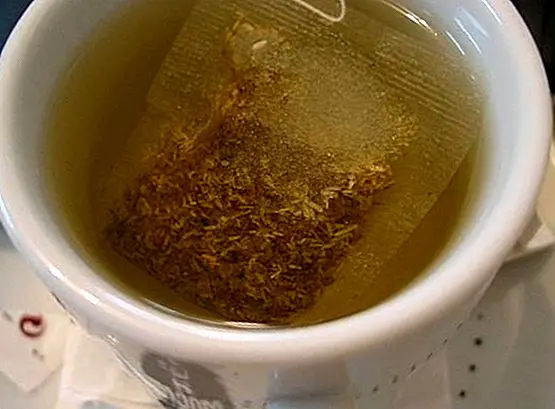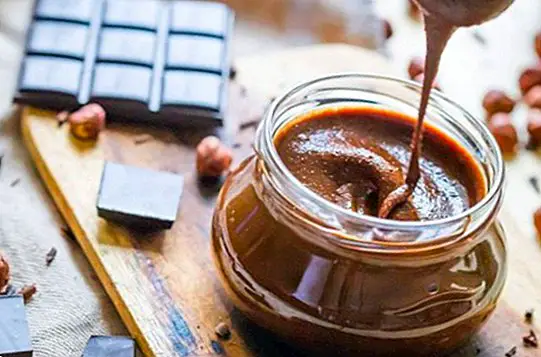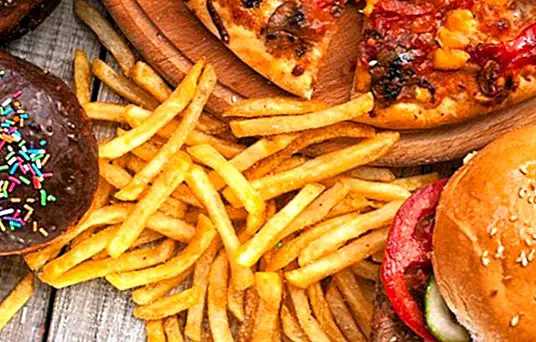Are natural sweeteners healthier? Types
It is understood by sweetener to that additive or chemical substance capable of providing or providing a sweet taste to the food that contains it, an additive that, incidentally, has gained in importance in the last decade due to the increase in the consumption of food products called "light".
There are different types of sugar whose consumption will depend directly on the nutritional needs that each one. For example, because diabetics should not consume sugar in excess, the best option is to opt for the different natural sweeteners that do not contain a high glycemic index.

Nor should we forget about the daily amounts of sweetener which can be eaten every day at the most, so that always the most advisable thing is not to exceed 10 tablets daily.
What are natural sweeteners?
Because they are called as natural sweeteners It is very common to identify them as healthier, but although they contain more vitamins and minerals, their energy intake is still very high, so their effect on our body is equally unhealthy.
As we will see, basically they are sweeteners that come from nature and that they have not suffered any kind of transformation or refinement. Therefore, they maintain their essential nutrients and their sweetening power tends to be higher, compared to white sugar.
Types of natural sweeteners
Fructose
It is the sugar found in fruits and honey, constituting as a natural option something sweeter than sucrose but with the same caloric intake (4 calories per gram).
It is not advisable to consume it in large doses because it is a sweetener capable of raising total cholesterol levels and LDL cholesterol.

Honey
The honey it becomes one of the most consumed sweeteners, although its consumption is not recommended in people with diabetes due to its high energy value (300 calories per 100 grams).
It treats of a one hundred percent natural sweetener elaborated by the bees from the nectar of the flowers, so that depending on the type of flower from which it is made, it is common to find different types of honey: milfores, rosemary, fir, lavender ...
It contains a mixture of other sugars, in addition to essential amino acids and enzymes, which is why it is not appropriate to heat it to avoid destroying its beneficial enzymes.
Many benefits and qualities are attributed to him. However, as Julio Basulto says, honey "has very few nutrients and its supposed medicinal properties have not been proven" (La Vanguardia), so it is advisable to moderate consumption.
Stevia
It's a kind of natural sweetener which is obtained from a shrub, and is constituted as a sweetener with a sweetening power more potent than white sugar (10 to 300 times sweeter).
However, it does not provide just calories, hence its great nutritional advantage.
Agave syrup
We are facing a type of natural sweetener that has become popular in recent years, especially because of its increase in consumption by vegetarians and vegans. Therefore, it is very easy to find it in herbalists and bio specialized stores.

It is a nectar that is extracted from the agave, a plant of Mexican origin similar in appearance to cactus or cassava. It is also known as agave honey, and stands out from a nutritional point of view for being low in calories and very rich in fructose, so that its sweetening power is greater than white sugar.
However, that does not mean that it is healthy, simply that it has a lower glycemic index and a lower energy intake, but its sugar content is similar.
Maple syrup
Also known as Maple syrup or Maple syrup, we are faced with a sweetener that is obtained from the maple sap, either sugar maple, black maple or red maple.
Its use to sweeten crepes or gropes is very common, and years ago it was known as Maple syrup diet, a type of diet very popular but considered dangerous by many nutritionists to cause imbalances and deficits of vitamins. This article is published for informational purposes only. You can not and should not replace the consultation with a Nutritionist. We advise you to consult your trusted Nutritionist. ThemesSweeteners



